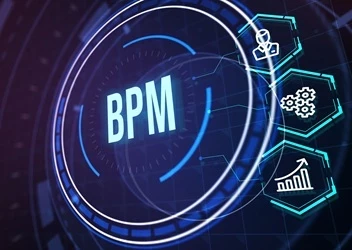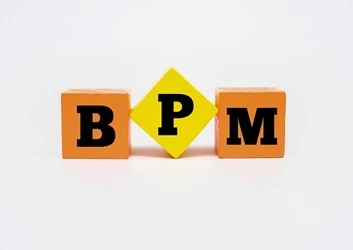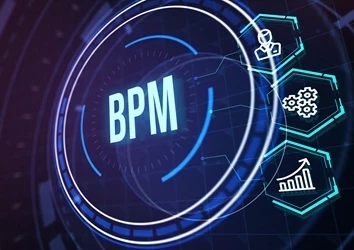"We invent jargon because it saves times talking to one-another" - John M. Smith
In the lead up to PEX Masters next month, we’re running a series of process improvement tips to help you jump start your initiatives for 2013. This is the second of twelve.
|
Kaizen, control charts, Pareto analysis, histograms, swim lanes, process mapping, Kano charts, CTQ, VOCs, BPMS, CTCs, End-to-End – to those of us working in the various process disciplines, these words and acronyms may sound as comforting to our ears as chicken soup on a rainy day. But to anyone untrained in process analysis and improvement (read: the majority of the population on earth) the concepts and terms can come across as incomprehensible and alienating. # So why do we use jargon? Simply put, it’s useful. It creates a handy shorthand to reference ideas or objects that are understood by a certain group of people. |
Hello? Hello? Do you read me? |
Every company and profession creates its own peculiar language – acronyms that refer to different business functions, for instance, or concepts that are understood by those trained in a specific discipline such as Six Sigma. Business Executives like to "leverage" a lot of things, talk about "core competency" and "strategic alignment" especially of their "contact centers" – words and phrases that would leave many scratching their heads about what the heck they’re talking about.
Indeed, it would be almost unthinkable to not have these useful linguistic shortcuts – they help us in our professional lives a language to tame the often complex reality in front of us. The former President of Yale University Kingman Brewster, Jr. is quoted as saying: "Incomprehensible jargon is the hallmark of a profession."
So jargon’s not all bad, but it’s definitely not all good. Jargon is exclusive – it’s not a language that is understood by everyone and it’s one of the quickest ways of alienating the people you work with.
To ensure that this doesn’t happen ask yourself the following questions: What is the underlying meaning of what I’m saying? How will my audience interpret what I’m telling them? How can I relate what I’m saying to my audience’s daily work or life?
Or if in doubt, take the advice of Martin H. Fischer, an American biochemist:
"You must learn to talk clearly. The jargon of scientific terminology which rolls off your tongues is mental garbage."
[inlinead]
View other tips:
Process Improvement Tip #1: Ensure your approach is suited to the problem you face






















